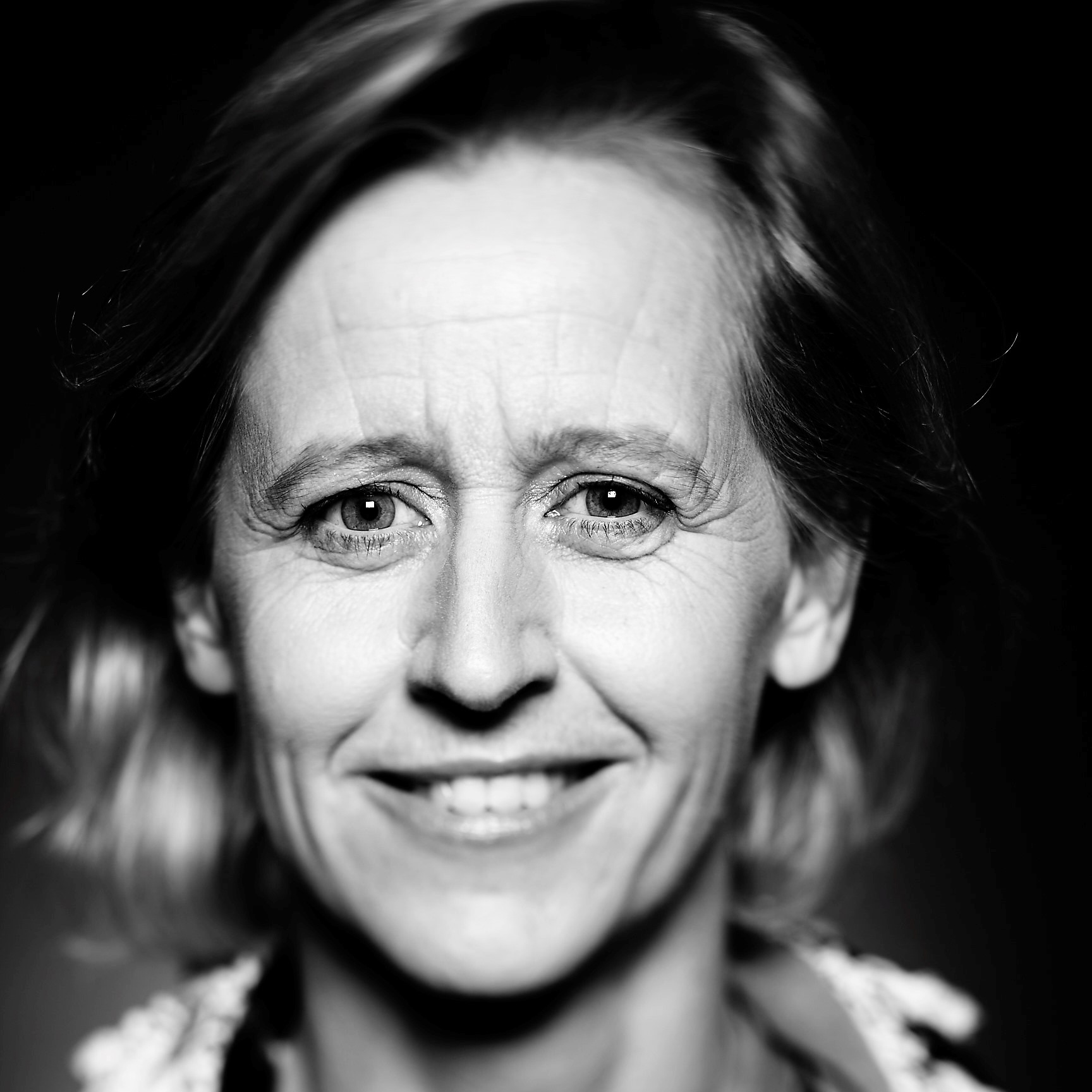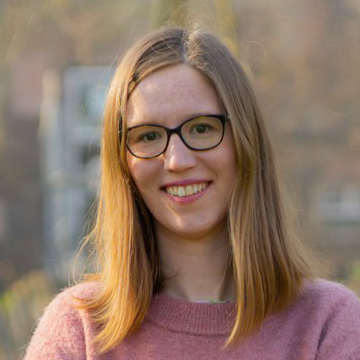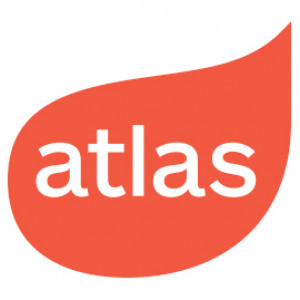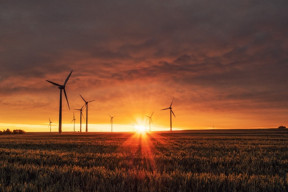Cluster 5
Climate, Energy, Mobility
In Horizon 2020 these were separate clusters but climate, energy and mobility have been merged into one to create synergies that contribute to the general goal of climate neutrality by 2050.
Your NCP contacts for this programme

Ria De Breucker
Ria.debreucker@vlaio.be
+32 2 553 13 77

Sarah Stroobants
sarah.stroobants@fwo.be
+32 2 550 15 64
About this programme
This cluster encompasses the transition to greenhouse gas neutrality of the energy and mobility sectors by 2050 at the latest. While most calls are about creating a more sustainable environment, there is also attention for other topics like safety in transport or digitization of the energy and mobility sector. These objectives take shape through 6 destinations:
- Destination 1 fosters climate science, enabling the transition to a climate-neutral and resilient society;
- Destination 2 supports different cross-cutting technologies and solutions for climate, energy and mobility applications;
- Destination 3 is about making a more sustainable, secure and competitive energy supply;
- Destination 4 aims to make energy use more efficient, sustainable and inclusive;
- Destination 5 increases the competitiveness and climate/environmental performance of different transport modes;
- Destination 6 advances mobility services and solutions at system level for passengers and goods.
As an integral part of Horizon Europe, a set of EU Missions aims to deliver solutions to some of the greatest challenges facing Europe. Notably two missions (adaptation to climate change + climate neutral and smart cities) are linked to cluster 5 as they both strive to achieve the same objective of a more climate-friendly industry and society.
The New European Bauhaus also merits to be mentioned in this respect as it focuses on a more esthetic, inclusive and sustainable way of construction.
Areas of activity
- Climate science and solutions
- Energy systems and grids
- Communities and cities
- Industrial competitiveness in transport
- Smart mobility
- Energy supply
- Buildings and industrial facilities in energy transition
- Sustainable construction
- Clean, safe and accessible transport and mobility
- Energy storage
Latest news
RI Health Culture and society Security
Feedback opportunity for Horizon Europe work programme 2025 now open
On 15 April, the European Commission launched a feedback opportunity for Horizon Europe work programme 2025. This survey gives you the opportunity to provide input for the development of the Horizon Europe ‘main’ work programme 2025. The responses collected will contribute to the co-design exercise of the main work progr... read more
Health Digital, Industry & Space Climate, Energy, Mobility Agro-Food, Environment
New video series: European Partnerships under Horizon Europe
A new video series is available now @ the NCP Flanders website through the following link: European Partnerships under Horizon Europe NCP Flanders, together with VLAIO and FWO, want to give you an overview of the complex landscape and constructions of EU-Partnerships. We guide you through the different types of partnerships and briefly indicate t... read more
Health Culture and society Security Digital, Industry & Space
South Korea to be associated to Pillar 2 of Horizon Europe
The European Commission and the Republic of Korea (South Korea) have concluded the association negotiations to Horizon Europe. The association agreement will allow South Korean researchers to participate in Pillar 2 of Horizon Europe on the same terms as Member States. The signing of the association agreement is expected to take place in the second... read more
Upcoming events
Health Climate, Energy, Mobility Agro-Food, Environment Missions
EU Missions Info Day 2024 calls
Climate, Energy, Mobility Missions
SAVE THE DATE - Cities Mission Conference 2024
Work Programme & Calls
Partnerships
Partnerships unite the EC and private and/or public partners to work together in a specific domain. They offer often a good ecosystem to find collaborations.
Infosheets
Infosheets contain edited content on aspects related to this programme. They are reviewed at least yearly.
Related links
Related links are easy pointers towards external information. We curate the list, but are not liable for the destinations.
- General Webpage - Cluster 5
- GREENET cluster 5 partner search tool
- Cluster 5 Work Programme 2023 - 2024
- COM Info Days Cluster 5 2023 Calls
- History of Changes - Cluster 5 Work Programme 2023-2024
- webinar calls on sustainable and safe transport
- webinar calls on renewable energy part 2
- webinar calls on energy-efficient buildings
- webinar calls on renewable energy part 1
- webinar calls on health and transport + waterborne
- webinar calls on CCS/CCU/energy systems
- webinar calls on renewable energy, aviation and cities
- webinar batteries en ZE road transport
- Webinar on security appraisal (scrutiny) in HEU
- Life programme
- Sustainable Development Goals of the UN
- Partnerships in cluster 5
- Batteries Europe
- The EU Green Deal
- Horizon 2020: Environment and resources data hub (geographical overview of funded projects)
Documents
Documents contain additional information related to this programme, and are similar to related links.
-
No documents available for this domain
Testimonial

Micado - Migrant Integration Cockpits and Dashboards
Atlas Integratie & Inburgering Antwerpen is an autonomous agency and a non-profit organisation responsible for implementing the Flemish integration policy on behalf of and for the City of Antwerp. Atlas offers several types of services for newcomers and Antwerp’s public and non-profit organisations.
In 2018, under the leadership of HafenCity University Hamburg, Atlas participated in the H2020 call 'Addressing the challenge of migrant integration through ICT-enabled solutions'. The proposal 'MICADO - Migrant Integration Cockpits and Dashboards' was approved by the European Commission and the project started in January 2019 and runs until June 2022.


